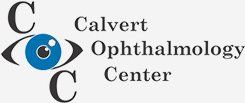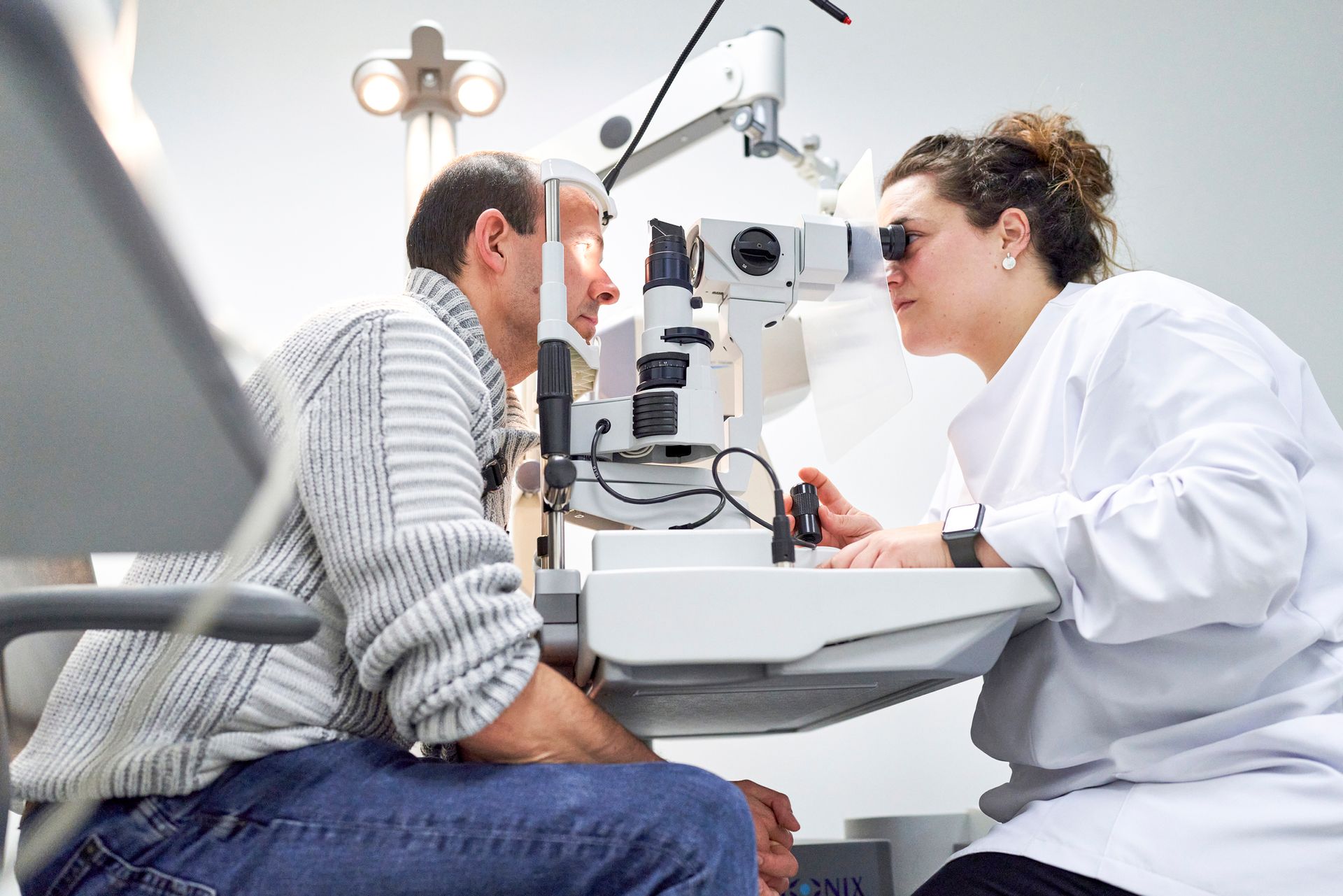Frequently Asked Questions About Ophthalmoplegia
Under ideal conditions, your eyes follow objects effortlessly enough that you might never think about the muscles that govern their operation. However, when these tiny muscles develop an issue known as ophthalmoplegia, you can experience everything from vision problems to an inability to keep your eyes propped open.
You can take steps to fight against your ophthalmoplegia once you understand what it involves, why it occurs, how it affects your eyesight, and what treatment methods might reverse or manage the underlying cause. Start by directing your eyes to the following frequently asked questions about ophthalmoplegia.
How Do Different Types of Ophthalmoplegia Affect Eye Function?
Several muscles work together to control and coordinate your eye and eyelid functions. A set of extraocular muscles make your eyes move upward, downward, and side to side. The intraocular muscles control the dilation and contraction of the pupil and the focusing motions of the lens.
Progressive external ophthalmoplegia impairs the external eye muscles. This condition, which strikes people aged 18 to 40 , causes the eyelid muscles to droop uncontrollably. As the disease progresses, you may lose control over your ability to move your eyes normally, forcing you to turn your head to whatever you wish to see.
Internuclear ophthalmoplegia actually counts as a brain disorder that affects the nerve fibers that regulate eye focus and pupil size. Some people may suffer from yet another (yet similar) type of ophthalmoplegia related to supranuclear palsy, but this relatively rare condition involves a different part of the brain.
What Symptoms May Indicate Ophthalmoplegia?
In addition to the drooping eyelids that interfere with your vision, ophthalmoplegia can alter your eyesight in some unsettling ways. Symptoms can include a narrowing of your peripheral vision, headaches, eye pain, and blurred vision. The blurred vision may result from a combination of uncoordinated eye motion and loss of focus control.
As you'll see below, ophthalmoplegia can develop as a side effect of certain underlying neuromuscular conditions. If this occurs, you may develop problems controlling muscles in other parts of your body as well as your eyes.
Why Do People Get Ophthalmoplegia?
Different kinds of ophthalmoplegia stem from different causes. Genetic abnormalities cause progressive external ophthalmoplegia. These same abnormalities also cause neurological disorders such as Kearns-Sayre syndrome and Grave's disease. Trauma, a heart attack, or multiple sclerosis can cause internuclear ophthalmoplegia.
Other health issues also appear to trigger ophthalmoplegia in some individuals. Examples include infections, brain injuries or tumors, stroke, thyroid disorders, and migraines. Type 2 diabetes may raise your risk for ophthalmoplegia, especially in men over age 45who havestruggled with diabetes for at least 10 years.
How Do Ophthalmologists Treat Ophthalmoplegia?
A comprehensive eye exam can reveal problems with eye coordination, focus, or peripheral vision, which might signal the onset of ophthalmoplegia. Your ophthalmologist will conduct additional tests to eliminate other possible causes. You may need a referral to other specialists for neurological scans and blood tests.
If you do have ophthalmoplegia, your ophthalmologist can recommend any of several effective treatment strategies. In many cases, treatment for an underlying disorder can help reduce your vision issues. For instance, surgical removal of a brain tumor can often ease intraocular ophthalmoplegia symptoms.
While other doctors address the underlying cause of your condition, your ophthalmologist can take immediate steps to aid your eyesight. You may benefit from special glasses, including glasses designed to prop up drooping eyelids. If you suffer from blurred vision, the use of an eye patch may help correct this symptom.
If you struggle with symptoms that suggest a potential case of ophthalmoplegia, schedule an appointment at Calvert Ophthalmology Center. Our skilled eye specialists can figure out the cause of your eye muscle issues and prescribe the right treatment approach to get it under control. Contact ustoday.












